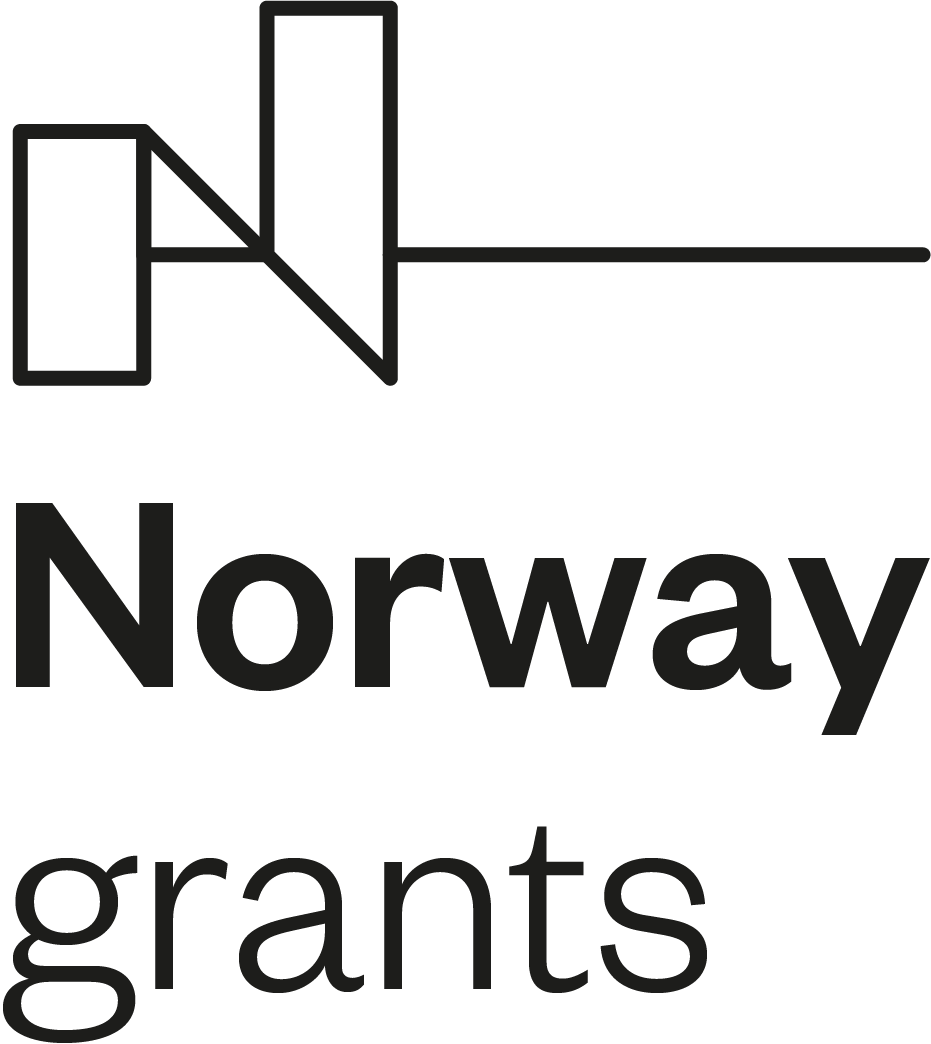Citizens of the World
The project, Citizens of the World: Modern Kurdish Literature and Heritagisation as a Means for Transforming and Revitalising the Kurdish Language and the Oral Tradition, aims to analyse the interrelations between modern Kurdish literature and oral tradition and their potential to revitalise Kurdish language and culture in both Kurdistan and abroad. The Kurds are one of the largest nations without a state of their own. They live in Turkey, Iran, Iraq and Syria, and also in Europe, where a number of Kurdish libraries and cultural institutions have been established. These institutions have enabled the Kurds to preserve their cultural heritage which had suffered suppression and assimilation policies in their respective Middle Eastern countries. The Kurdish oral tradition drew scholarly attention in the 19th century and its impact on Kurdish classical literature was elaborated by researchers. However, almost no attention has been paid to the role of Kurdish oral tradition in shaping contemporary Kurdish literature.
Up until the 20th century the majority of Kurds were illiterate. The oral stories and songs performed by traditional storytellers (dengbêjs) constituted the main entertainment and the source of inspiration up until the 70s and the 80s when television started to invade Kurdish houses. Kurdish contemporary literature is a relatively new phenomenon connected with the 20th century development of the Kurdish national idea and with the desire to participate in the global exchange of thoughts and values. Many writers and poets frequently mentioned the impact of Kurdish folklore, stories and legends on their imagination and literary techniques. For most poets and writers, the oral tradition was their first and most profound lesson in the Kurdish language which was forbidden in some countries (e.g. Turkey). As of today, the Kurdish oral tradition and its role in modern Kurdish literature has not attracted scholarly attention, which is largely focused on political issues.
In our project, folklore and oral tradition are defined following Jerzy Bartmiński, who perceived it as a universal phenomenon reflecting the specific beyond regional and national communities. This approach is linked in our project with Kwame Anthony Appiah’s perspective on cosmopolitanism which suggests that “being the citizen of the world” is not the result of “rootlessness” but rather of our ability “to be rooted somewhere”, in ever new locations and their networks of human relations. This way, the Kurdish oral tradition and its modern update in the form of contemporary Kurdish literature as well as the language expressing them are perceived as instruments for establishing contact, dialogue and partnership with the outside world. Accordingly, they become an object of common care and interest. The links between oral and literary tradition are closely connected with heritagisation. The 20th and the 21st century brought a great interest from and significant efforts by Kurdish intellectuals to collect and publish the Kurdish oral tradition in its various forms. This process introduced changes into the oral tradition itself, which bears fruit in the new ways of performance and in the new groups of recipients. The prime role has been devoted to the first Kurdish journals, libraries and archives, but also to Kurdish modern literature for which the oral tradition became the main source of inspiration.
Following David Harvey, in our project, we perceive the cultural heritage as “shaping modernity from the past”. However, we also pay attention to the creative use of foreign inspirations developed under the impact of new global contacts. According to Doreen Massey, this creates the dynamic geography of global interrelations. Finally, the links between oral tradition and modern literature as well as heritagisation are strictly connected to the ideas on language revitalisation, which are today of great importance for the Kurds whose language is officially recognised only in Iraq. The role of literature, culture and creativity as practiced by native speakers as well as modern tools (e.g. internet) in language revitalisation is often highlighted by experts when discussing revitalising minority and endangered languages (Olena Duć Fajfer, Justyna Olko, Tomasz Wicherkiewicz, Leanne Hinton, Leena Huss, Gerald Roche). In our project we plan to apply their observations. At the same time, the term “revitalisation” in our research is not limited to language but also refers to artistic activity and cultural policies. This way, the project – which will be launched in cooperation with the Centre for Kurdish Studies at Exeter University – will significantly contribute to studies on Kurdish culture. It will also support the Krakow Section of Kurdish Studies and will stimulate the international cooperation for the study of Kurdish culture. It will activate and refine Kurdish cultural policy.
Publications - the results of the project
Below we present the publications which are the result of our project.




